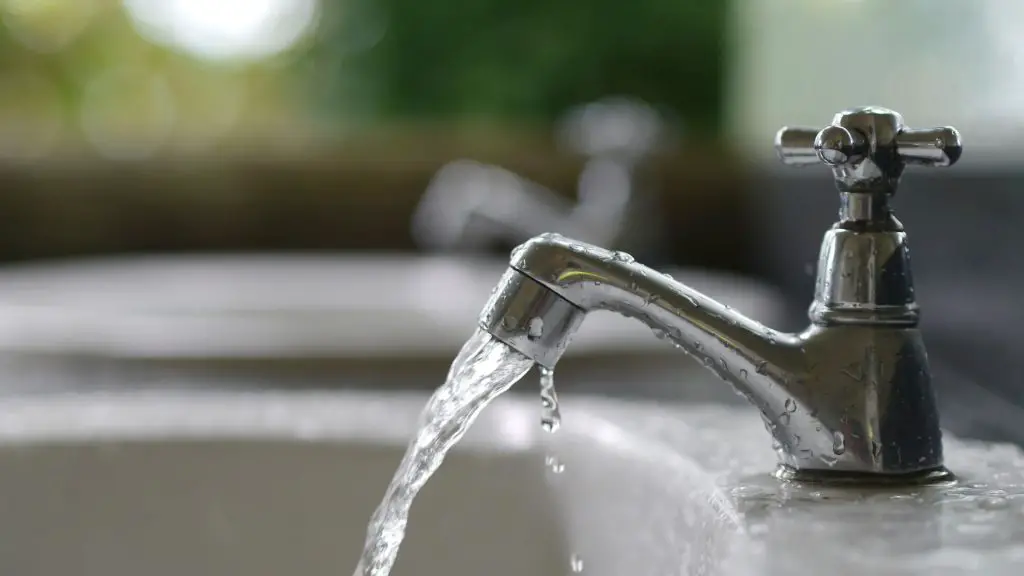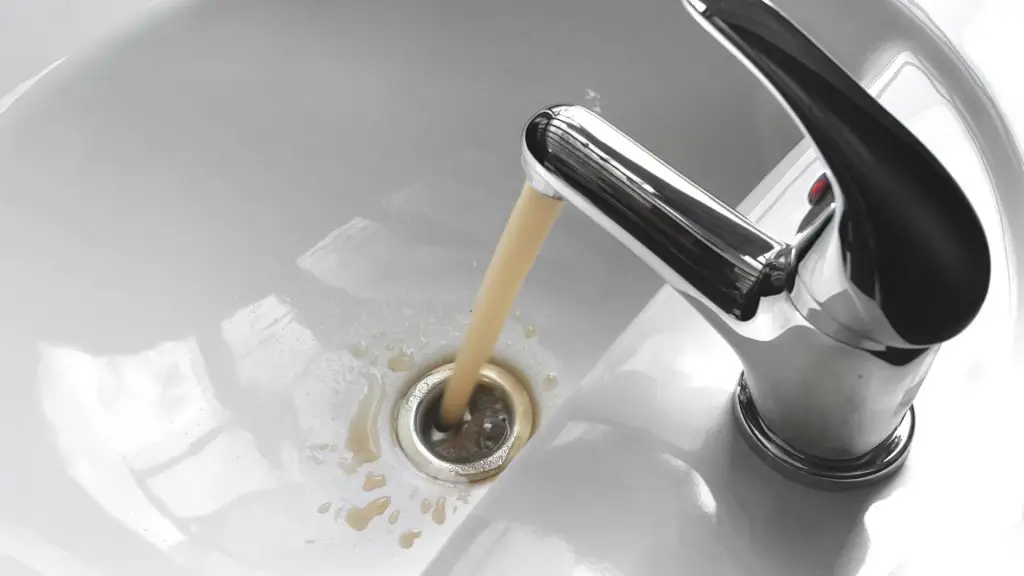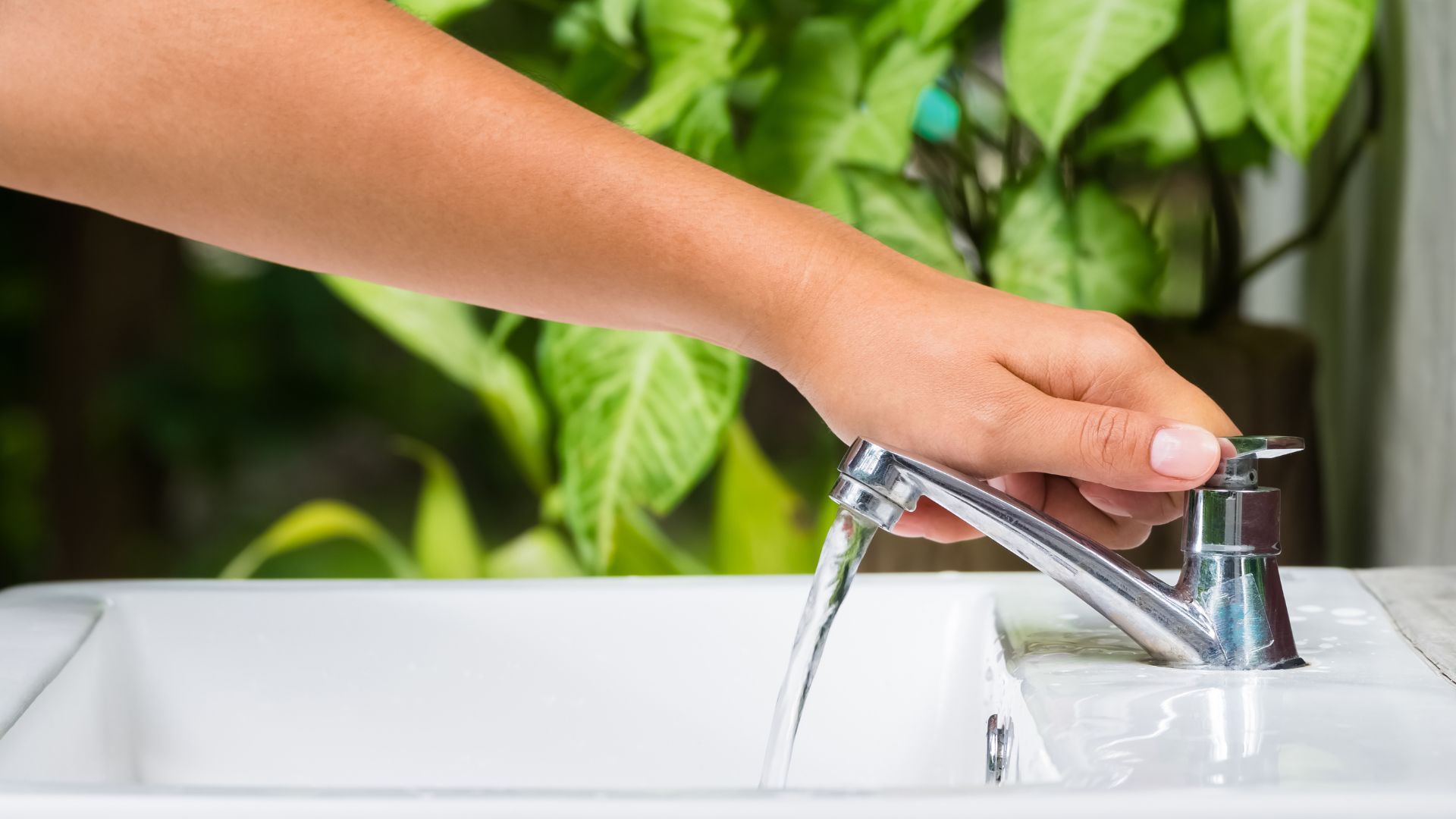Tap water is one of the most commonly consumed beverages in the world today. It has been used for centuries, but people have only become aware of what it is and whether it is suitable for your body. Tap water consists of a mixture of minerals, chemicals, and other compounds filtered from rivers, lakes, streams, and other natural sources. Although many believe that tap water is safe to drink because it has been treated with chlorine, there are still many questions surrounding its safety as a drinking source.
The presence of pollutants such as lead and arsenic in many areas’ tap water can be dangerous to human health if ingested over long periods. In addition to these contaminants, there are potential problems caused by air pollution or industrial runoff that can make tap water unsafe to drink without additional filtration or boiling.
Are There Any Benefits To Drinking Tap Water?

Tap water is often overlooked as a healthy and safe option for drinking. But with the rise in popularity of bottled water, are there any benefits to drinking from the tap? We will explore whether or not it is suitable for your body to drink tap water.
Tap water can vary in quality from one area to another, depending on where you live. In many parts of the world, access to clean and safe drinking water is limited, so it is essential to ensure that you only drink from a reliable source. In areas where tap water has been tested and deemed safe for consumption, there may be several nutritional benefits associated with its consumption. For instance, some tap waters contain minerals like calcium and magnesium that have health-promoting effects when consumed regularly. Additionally, many cities add fluoride to their public systems, which promotes dental health by strengthening tooth enamel.
Cons of Tap Water

Tap water has been a source of controversy in recent years. It is often assumed that tap water is unhealthy and unsafe to drink, but many experts believe this isn’t necessarily true. However, despite the potential benefits, there are some drawbacks to consider when drinking tap water.
One of the main cons of tap water relates to contaminants. Tap water may contain various harmful chemicals and pollutants that can harm health if ingested regularly over extended periods. Additionally, although most cities try their best to provide safe drinking water, there have been cases where municipal systems have failed, resulting in bacterial outbreaks and other problems with the quality of local drinking water. This could mean those consuming it are at risk for serious health issues such as neurological damage or even death.
Contamination Risk & Quality

Tap water can be both a safe and convenient source of drinking water. However, there is an increasing risk of contamination due to pollutants such as chemicals, pharmaceuticals, and microorganisms. It is essential to ensure that the quality and safety of tap water meet acceptable standards so that it is fit for human consumption.
It is important to note that although most public water supplies are required by law to test their water supply for contaminants regularly, these tests may not be able to detect all sources of contamination or identify all potential health risks. Consumers should take precautions when drinking tap water to protect themselves from contaminants. This means checking with local authorities about the quality and safety of their local tap water before deciding whether or not it is safe enough for consumption.
About 7.2 million Americans get sick every year from diseases spread through water!
If Your Body Is 70% Water, Shouldn’t You Give It The Best Water Possible?

Tap water is the most commonly used source of hydration for people worldwide. But what exactly is tap water, and should you be drinking it? If your body consists of 70% water, shouldn’t you give it the best possible quality?
Tap water originates from various sources such as rivers, lakes, reservoirs, or underground aquifers and often contains minerals such as calcium and magnesium. Your local government controls tap water’s safety, which must adhere to specific regulations by the Environmental Protection Agency (EPA). While these regulations maintain a safe level of chemical contaminants in tap water that are not hazardous to human health, they do not necessarily guarantee that it’s the highest-quality drinking source. You can’t forget that sometimes bacterial outbreaks can cause sickness or death.
Should You Drink Ionized/Alkaline Water?
Tap water is a popular and inexpensive way to stay hydrated, but should you drink it? Many believe alkaline water is better for your health than regular tap water. Alkaline water has been touted as having many health benefits, including detoxification and increased energy levels. But does it live up to the hype?
Alkaline water has a higher pH level than regular tap water, which means it’s less acidic and can help balance out the acidity in the body. It also contains minerals like calcium, magnesium, and potassium, known for their various health benefits. Studies have shown that alkaline water can improve digestion, reduce inflammation, and boost immunity. In addition, some people find that drinking alkaline water helps relieve heartburn symptoms and can even aid in weight loss!
Is Smart Water A Reliable Option For Drinking Water?

Smart water, also known as ionized or alkaline water, is quickly becoming the preferred choice of beverage for health and wellness enthusiasts worldwide.
But what exactly makes it, so “smart” compared to regular tap or bottled water? The main difference between intelligent water and other types of H2O is its pH balance. Bright water has a higher pH level than regular drinking water due to the addition of electrolytes such as potassium, calcium, and magnesium, which are found naturally in some food sources.
This means smart water tastes better and can help your body absorb more nutrients from food and flush out toxins more efficiently. Additionally, many believe that having a balanced pH level helps maintain healthy skin and bones and reduce inflammation throughout the body.
Conclusion: Overall Benefits

Tap water is an integral part of our everyday lives. There are many benefits to drinking tap water, such as cost savings, convenience, and health benefits. Studies have shown that drinking tap water is generally safe and can even be healthier than other sources of hydration, like bottled water or soda.
The primary benefit of drinking tap water is the significant cost savings compared to other commercial beverage options. Tap water costs much less per gallon than bottled or canned beverages, making it more accessible for people on tight budgets.
The convenience of turning on your kitchen tap and enjoying a glass of cold, clean drinking water is second to none. Not only does it help reduce plastic waste from disposable bottles, but it also eliminates the need for frequent grocery runs to purchase drinks at high prices.
But ask yourself… is it worth it?

I think ionized water is the best water to drink in 2022/23.